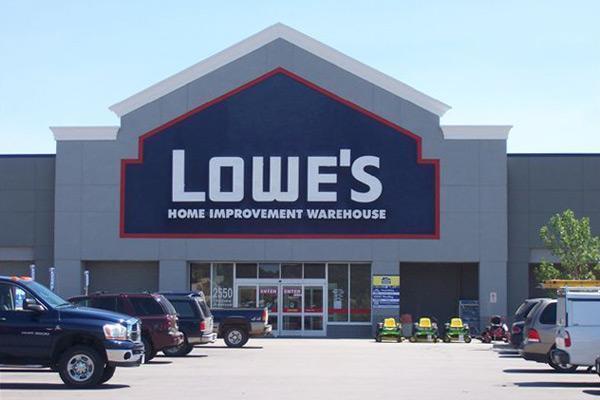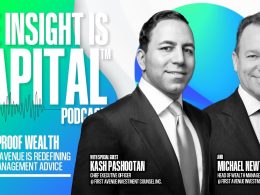How to Know When to Hire a New Employee
by Commonwealth Financial Network
 Many advisors often struggle with determining when to hire a new employee, and it can be difficult to decide if the costs—whether it be money or time—are worth it. Is it better to be proactive and add someone to the team ahead of time to avoid disaster, or to save money and wait to see if existing employees can handle the additional work?
Many advisors often struggle with determining when to hire a new employee, and it can be difficult to decide if the costs—whether it be money or time—are worth it. Is it better to be proactive and add someone to the team ahead of time to avoid disaster, or to save money and wait to see if existing employees can handle the additional work?
Experienced advisors and business owners tend to agree that it’s best to beat chaos to the punch and hire before things get out of hand. It’s good practice to be prepared; however, there are a few details to think about regarding the best time to hire.
When the new hire is a replacement employee, hiring early is wise. Assuming that the existing staffer is good at the job, having some overlap lessens the training load. Plus, hiring always takes longer than we believe it will. There may not be many available qualified candidates around from which to choose. Or you might be too busy to write a job description, review resumes, conduct interviews, and talk to references—all steps that can’t be short-changed.
When hiring for a new position, you need to be more deliberate. Ask yourself:
- What exactly are you looking for? Have you documented the need in a job description? Job responsibilities tend to shrink once you get them down on paper.
- Can an existing employee take on the additional work? If yes, this can be a double benefit—the new tasks will be handled for the firm and the employee will gain valuable experience.
- How is the firm’s productivity? Are employees motivated, and is morale high? Have you taken advantage of technology to achieve greater efficiency? Do procedures need streamlining?
What about hiring a new advisor? It’s not just support staff I’m talking about. Predicting when to hire the next advisor is equally—if not more—acute and tricky. For example:
- An advisor who plans to retire in two years knows she can’t find a young advisor, train him or her, and transition clients overnight. And the less experienced the new advisor, the more time the transition will take. (Individuals with two to ten years’ experience are good candidates to consider in such instances.)
- Developing a new niche at an established firm means that either an existing advisor needs to learn all about the niche or that someone with expertise in the niche must be brought into the firm. This could lead to questions concerning whether to merge with or acquire another firm.
- Analysis of a firm’s client base may indicate that the lead advisor has grown enough to keep another advisor busy and that it’s time to offload clients. This could free up the lead advisor to focus solely on his strength—business development.
A leader’s role includes identifying an organization’s human resource gaps, yet hiring involves risk. For example, your 401(k) firm may be set to bring on a giant new company. The client wants to be sure you have the staff to deliver on your promises. But what if you hire an employee in advance to conduct enrollment meetings and you don’t win the business?
Risk is obvious when taking on a new advisor. It assumes that he or she will pass tests, learn the required skills, like the job, and ultimately thrive in the role. Hiring to fill a new nonadvisor position (e.g., a marketing specialist) presents a new expense that must be covered by the greater efficiency or innovation the position provides.
I’ve frequently met young advisor/business owners who avoid the risk of growing—or of even replacing—staff. To the novice CEO/CFO advisor, saving a buck may seem like a good idea. On the other hand, the experienced advisor/business owner who has garnered wisdom over time knows that investing in the firm in a variety of ways, including human resources, is the path to growth.
Before deciding when to hire a new employee, answer these questions:
- Is your firm growing?
- How important is growth?
If growth isn’t currently a concern of yours, it’s likely that your firm is declining, and if that’s the case then hiring new staff won’t be high on your priority list. If you catch the warning signs early, however, you may be able to reverse the damage and rebuild your firm. As CEO, it’s your responsibility to pay attention to the financial health of your firm and to make decisions to promote growth, which includes knowing the best time to hire someone new.
Are you currently debating when to hire a new employee? What criteria are you reviewing to help you make your decision? Please share your thoughts with us below.
Editor’s note: This original version of this article, “When to bring a new employee on board,” appeared on investmentnews.com on February 1, 2018.
Commonwealth Financial Network is the nation’s largest privately held independent broker/dealer-RIA. This post originally appeared on Commonwealth Independent Advisor, the firm’s corporate blog.
Copyright © Commonwealth Financial Network
















